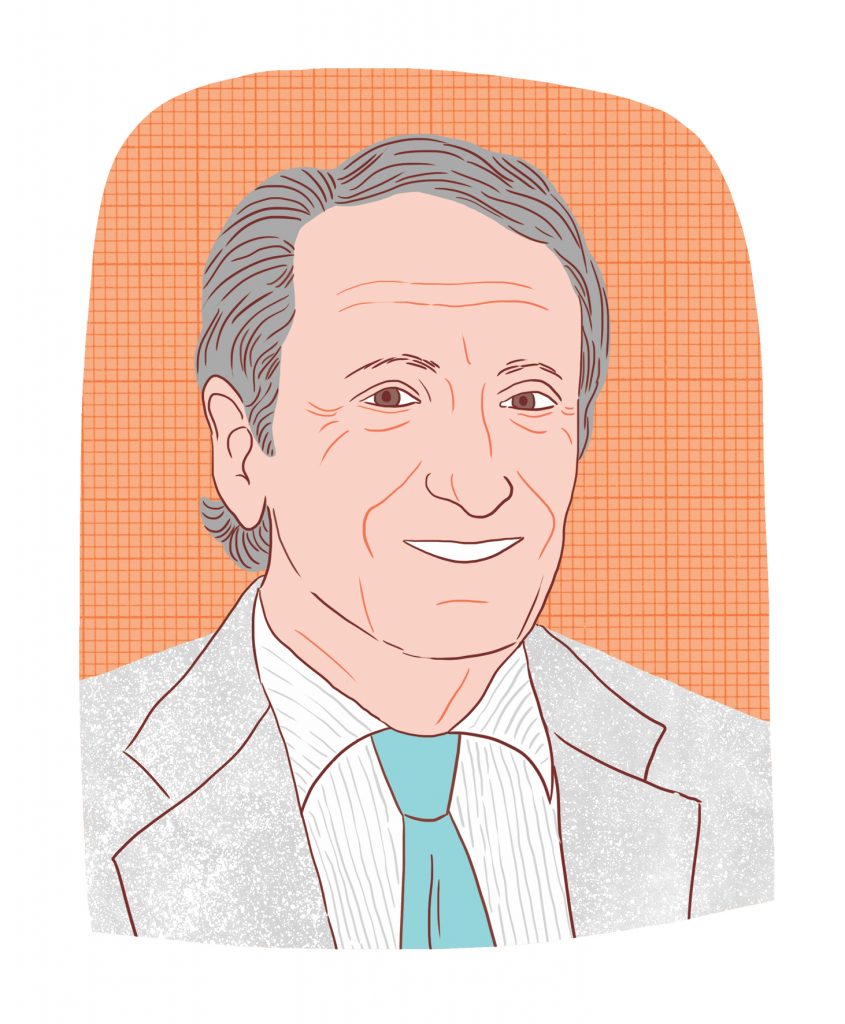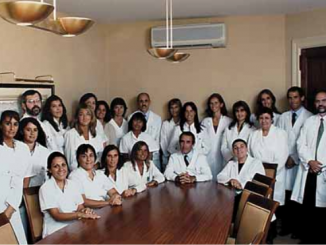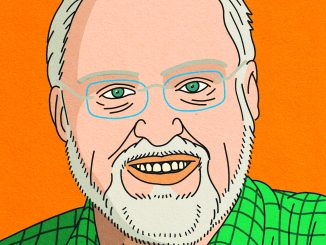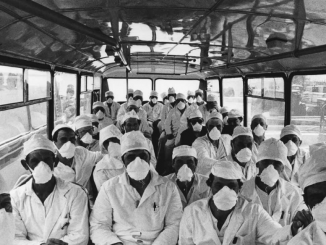 We’re winning the war on cancer on a scientific level but losing it in the real world. That was the conclusion reached by 100 top researchers, clinicians and advocates at the first World Oncology Forum held in 2012.
We’re winning the war on cancer on a scientific level but losing it in the real world. That was the conclusion reached by 100 top researchers, clinicians and advocates at the first World Oncology Forum held in 2012.
Developments in precision cancer medicine since then have proved them right. The new generations of high-tech designer drugs that dominate the agenda at oncology conferences are out of reach for the vast majority of cancer patients, including many in Europe.
On June 22nd, as President of the International Conference on Malignant Lymphoma, it will be my privilege to welcome more than 3,500 delegates to Lugano, Switzerland, to share the latest knowledge and experience in treating this group of tumours. The protocols under discussion will reflect the important advances in precision treatments made in recent years: antibody-drug conjugates that transport cytotoxics straight to tumour cells; immune checkpoint inhibitors that are working so well for Hodgkin patients; new treatments targeted at B-cells and B-cell signalling that are proving game changers for patients with chronic lymphocytic leukaemia, acute lymphoblastic leukaemia, and non-Hodgkin lymphoma.
This is what winning the war at a scientific level looks like. Sadly, it is also what the widening disparity looks like between the minority of patients who have access and the many who don’t. Many of the delegates to this truly international conference will be left asking how they can access those scientific wins to help their patients win their own battles.
The World Oncology Forum Taskforce met at the end of 2018 to address the same question. We identified three reasons to be hopeful: efforts to address non-communicable diseases are being taken increasingly seriously by governments and policy makers; the concept of universal health coverage is gaining traction; and global health discussions have moved on from focusing on prevention and treating simple conditions, to include the need to invest in diagnostic infrastructures to promote early and accurate diagnosis.
Yet until they move on further, to include investing in treatments for people who are diagnosed with cancer, we will continue to lose the war in the real world.
In the run up to the 2019 UN High Level Summit on Universal Health Coverage, the WOF Taskforce is compiling evidence on the cost-effectiveness of providing cancer care. We can show that investing in radiotherapy capacity gives an impressive return on investment over 20 years, even in the poorest countries, and that extending the bare essentials of surgical capacity to cover key cancer procedures can be made affordable and quickly lead to savings. As for access to effective new drugs, we can point to evidence from the Global Fund to fight AIDS, Tuberculosis and Malaria, which shows that introducing the principles of transparency, benchmarking and pooled purchasing helps lower prices very significantly, while protecting quality and access to a variety of drugs, diagnostics and other technologies.
The WHO has already taken the important step of adopting ESMO’s Magnitude of Clinical Benefit Scale to screen new cancer drugs for inclusion in its Essential Medicines List. We now need to convince governments and policy makers of the economic as well as humanitarian strengths of our case for coordinated action on cancer, as part of the global universal healthcare efforts. Every one of us in the cancer community can help make that happen.
Franco Cavalli is Scientific Director of the Oncology Institute of Southern Switzerland, and founding Editor of Annals of Oncology






Leave a Reply